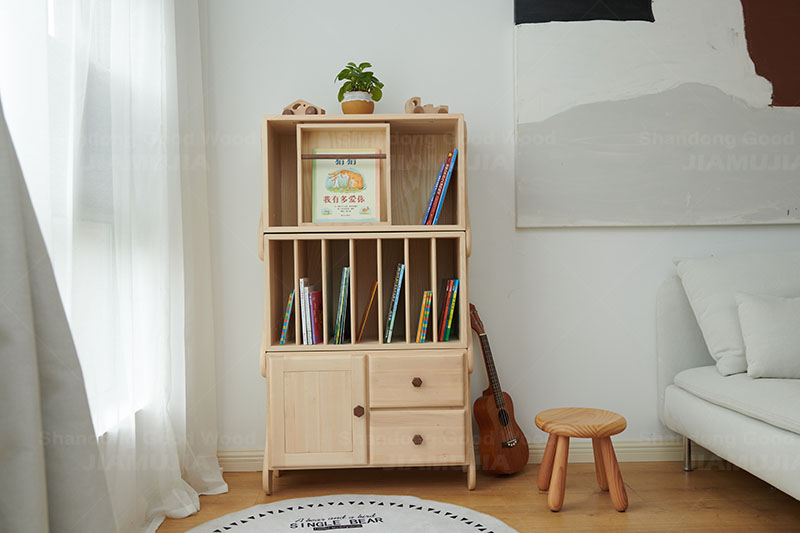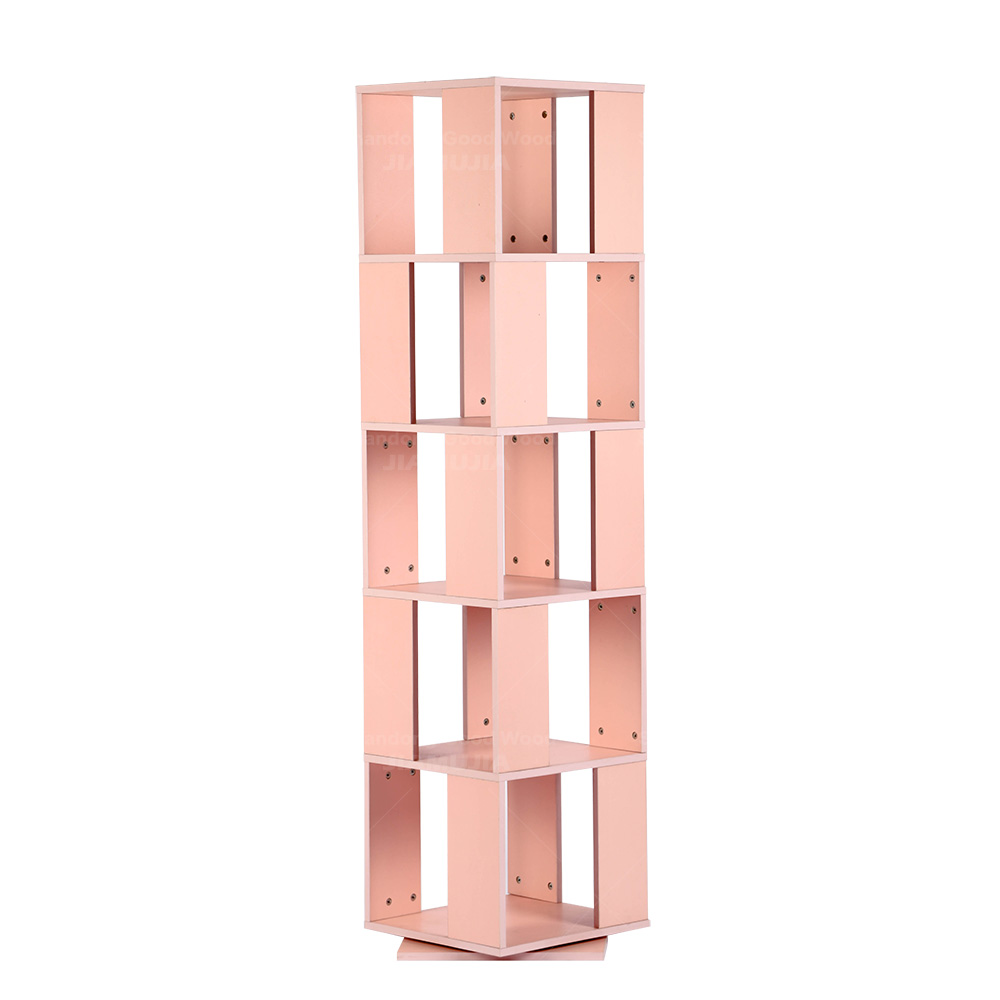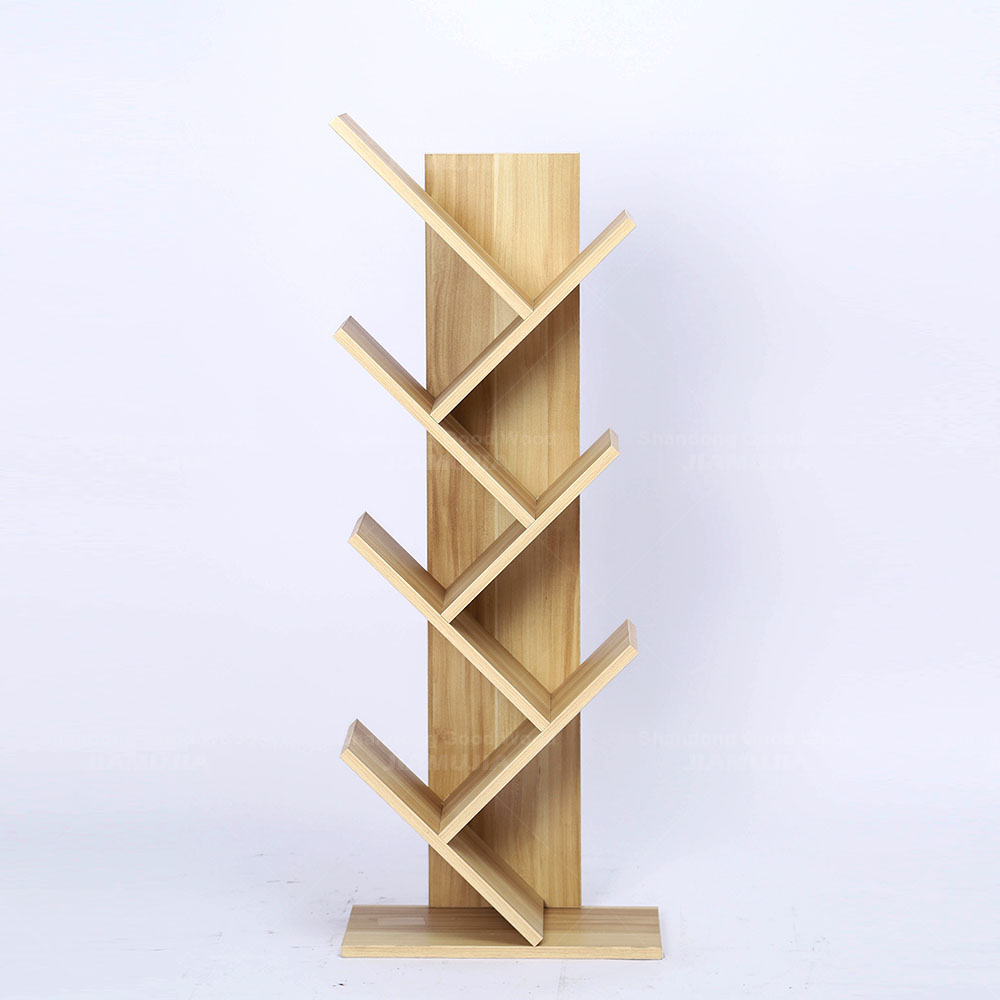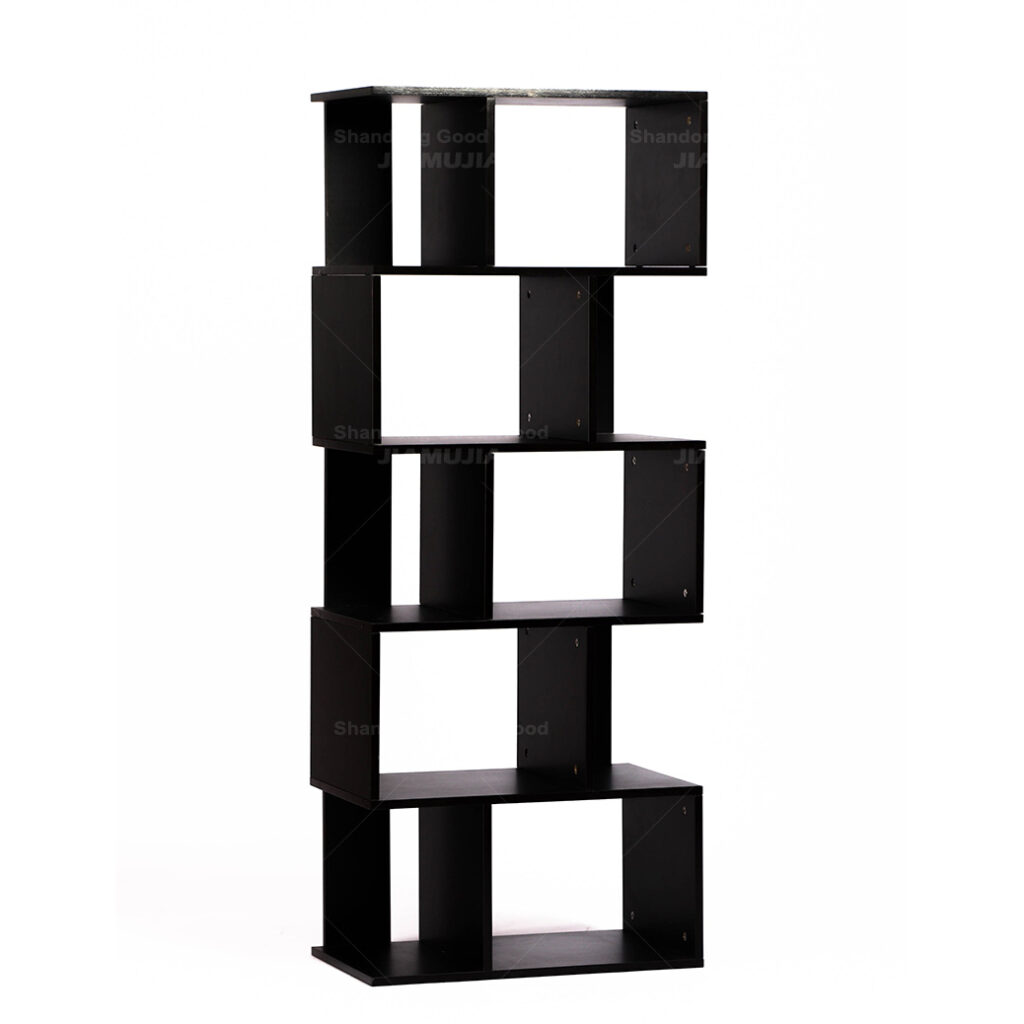Have you ever stopped to think about whether bookworms enjoy anything more than reading? The answer is yes, there is something more: Books. Even if it sounds a little obvious, without them the reading part is almost impossible. it doesn’t get any better than this See your stress book is beautifully displayed. Of course, there’s no worse feeling than finding out one of your beloved books is covered in mold, wet, or filled with pests.
Finding space for all of your belongings is no easy feat, especially for bookworms. If you’re a big time reader, you probably have a pretty impressive book collection that you’re not willing to give up. But with the perfect book storage idea, you can continue growing your mini library without an issue.Keep on reading to find out more!
While you may approach your book storage and organization from a style-first perspective, you may be overlooking the best way to preserve and care for your collection. Small details such as the temperature and climate of a space, as well as pests such as silverfish, can cause books to spoil faster.
Remember that books work best at room temperature (70 degrees Fahrenheit), low humidity, and out of direct sunlight. Dusting and wiping them with a cloth from time to time will prevent dust build-up and the possibility of bugs feasting on them. Once you’ve completed the maintenance portion of your personal library, you can start sorting out your mind.
To minimize stress and clutter, everything from books to board games needs a designated spot at home. In the future, you’ll find inspiration from renters and homeowners who discover unique storage methods, whether it’s DIYing their own shelves or repurposing unused space and decorative elements to keep their collections in top condition.
What’s the best way to organize my kid’s books?
To organize your child’s books, first consider shelving. For books that you want to read or use over and over, consider placing them in an easy-to-reach everyday area, and most importantly, return as you read. Some ideas for this are to build balustrades in stair railings, hang wall slats Boxes are at child level, or use cube storage. Make sure the storage area is close to where you read and play, as books should also be part of playtime, a good book is usually referenced, played, and of course read.
Then you have some special books that you want to shelve in a higher access area, such as where only adults can access. These can be kept away from regular play areas, so kids know to take special care of these play areas.
Another great idea for storing books if you have space in your house is a reading nook/home library area where you can combine the two storage options above.
Organizing books on the shelf for your child can be difficult because just putting them back on the shelf creates problems, let alone putting them in any order. If you do want to organize the books on your shelf, it is recommended to do so in order of reading from most to least. Of the most read books, you don’t need to order anything other than ergonomics. In less-read categories, you can choose to sort by book type, such as fiction and non-fiction, reference books, study books, and coloring books.
Whatever you choose, make sure it’s quick and easy because little kids don’t like to wait when they want to read!
What’s the best way to store my books long-term?
We actually prefer to keep all our books on the shelf where I can see them. After all, they’re for reading, right? However, if for some reason you feel the need to put them somewhere, here are some suggestions.
·Please don’t be in a cold and damp basement. Unless, of course, you like musty smells.
·Nor should you place them near any type of heat source. Heat can deform hardcover books.
·Find a dry place with low humidity.
·If this is really long term, wrap them individually. If possible, use plastic sleeves.
·For obvious reasons, do not store containers on the floor.
·As mentioned above, for long-term storage, keep them in a dark or low-light area.
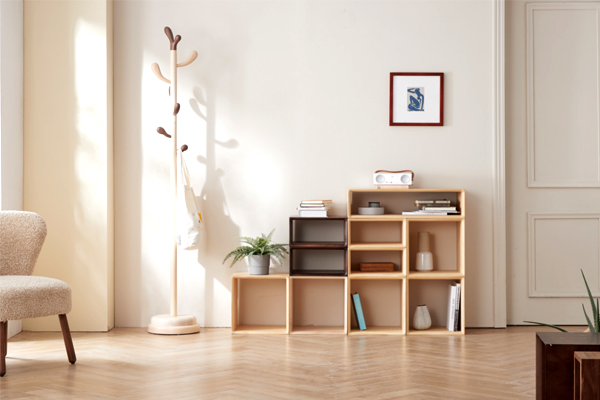
·To keep our books out of dust, we vacuum the floor every day. Do not open any windows in the room where the books are kept.
·When removing a book from the shelf, do not pull on the top of the spine. This can cause the top of the spine to break and separate over time. Instead, push back the books on either side, grab the book you want to remove in the middle of the spine, and pull it out of the shelf.
Do not use self-adhesive strips, paper clips, or rubber bands. Self-adhesive banknotes leave sticky residues that are not good for paper. Paper clips can rust over time, rubber bands can tear pages, or even stick to books as they rot. Instead, use a sheet of acid-free paper as a bookmark.
·When removing a book from the shelf, do not pull on the top of the spine. This can cause the top of the spine to break and separate over time. Instead, push back the books on either side, grab the book you want to remove in the middle of the spine, and pull it out of the shelf.
Do not use self-adhesive strips, paper clips, or rubber bands. Self-adhesive banknotes leave sticky residues that are not good for paper. Paper clips can rust over time, rubber bands can tear pages, or even stick to books as they rot. Instead, use a sheet of acid-free paper as a bookmark.
Should books be stored flat or upright?
If you want to keep your books in the best possible condition, it’s best to store them upright on your shelf with the spine facing out. Just like in your own small personal library! They should not be placed too tightly or too loosely together as this will damage them. Don’t put any books on them either: this will crush your book’s lovely spine, which we certainly don’t want. Don’t be afraid to use bookends if your shelves aren’t full. This will make your bookshelf look cute and help keep your books pristine since they don’t overlap each other.
However, if your book is large and heavy, it is best to store it flat. If you choose to put them in a pile, the heaviest book should always be at the bottom.
Although it is now common to buy e-books online, many book lovers still prefer traditional hard copy books. Books are an investment and a fragile commodity. They can last a long time if you take good care of them. Conversely, they are also easily broken if neglected. Hopefully these maintenance tips will help ensure your books stay in good condition or even undamaged for a long time

